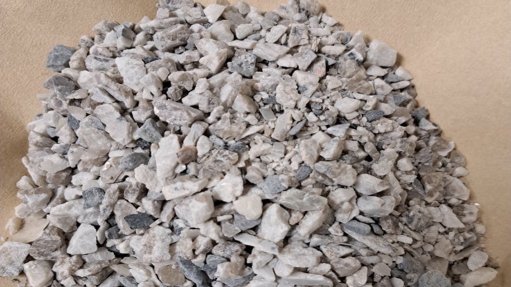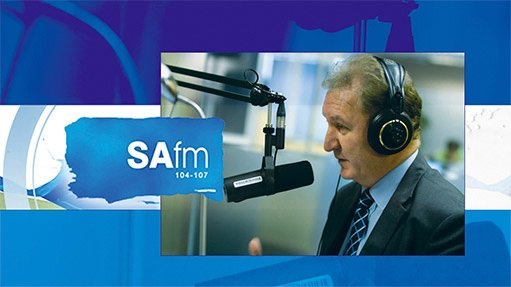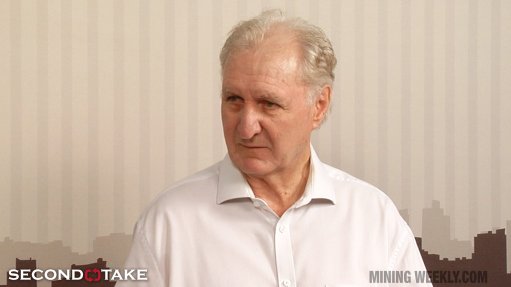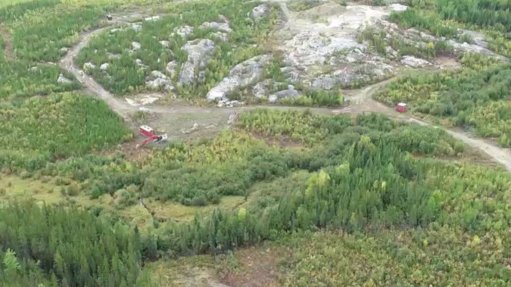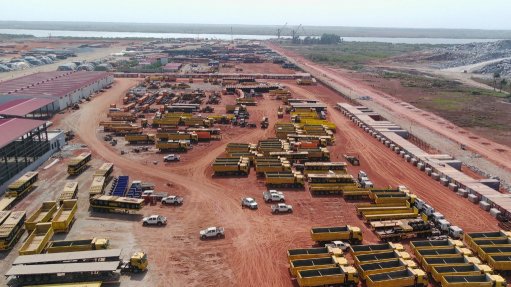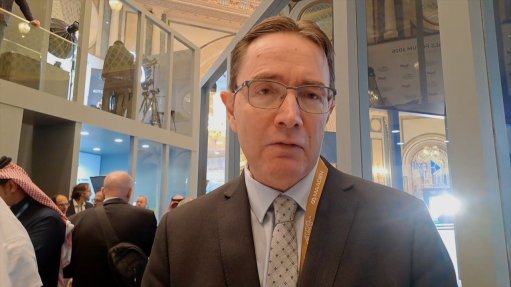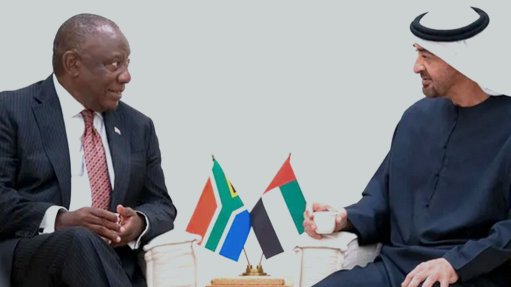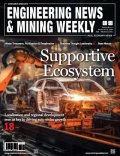ICMM to be active at Mining Indaba

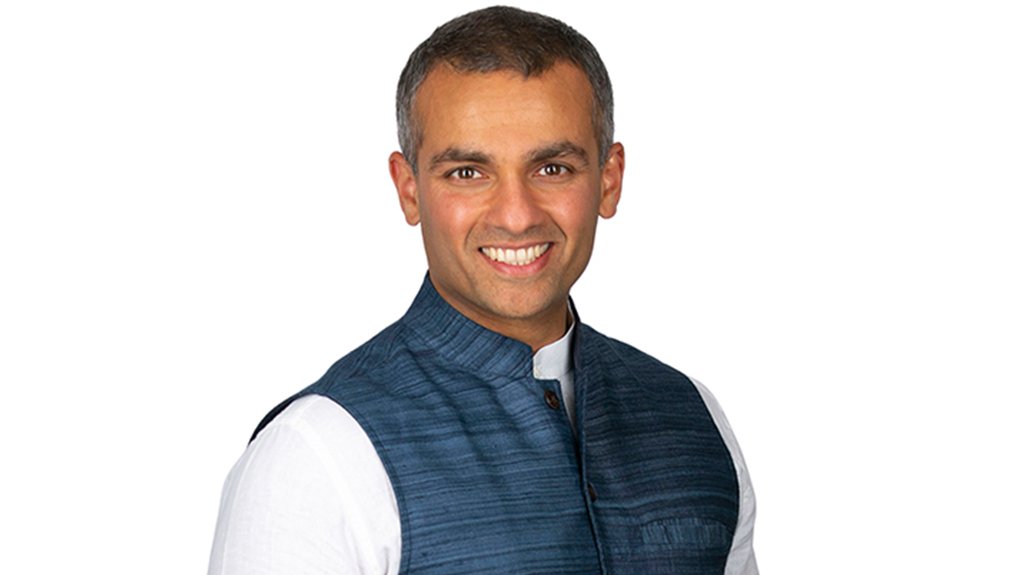
ROHITESH DHAWAN ICMM mining principles are updated to reflect best performance and progress on the most important sustainable development issues
Mining industry organisation the International Council on Mining and Metals (ICMM) is participating at this year’s Investing in African Mining Indaba – to be held at the Cape Town International Convention Centre from February 6 to 9 – with a presence on the main stage and at the Sustainability Day event.
The organisation will discuss the importance of tailings management and its members’ progress on implementing the Global Industry Standard on Tailings Management, which was jointly developed by the ICMM, the United Nations Environment Programme (UNEP) and the Principles for Responsible Investment (PRI).
It will also engage in discussions on diversity, equity and inclusion.
“We made important updates to our mining principles earlier this year which elevate psychological safety to the same level as physical health and safety. This includes a series of changes to the performance expectations for our members to support the building of more diverse, equitable and inclusive workspaces,” says ICMM CEO and president Rohitesh Dhawan.
The organisation updated its mining principles in June 2022 to outline additional steps that ICMM members can take to prevent discrimination, harassment and bullying.
The ICMM will also participate in discussions on decarbonisation and the Just Energy Transition, with Dhawan noting that ICMM members have a collective commitment to net zero Scope 1 and 2 emissions by 2050 or sooner.
Members are also committed to setting Scope 3 targets by 2023 or sooner.
Dhawan reports that there has been a “significant increase” in the number of companies setting these targets, with the ICMM working on establishing a more consistent method for reporting Scope 3 emissions.
Dhawan will participate in the panel discussion titled, ‘Where in the World Are We? COP 27, Decarbonisation Mandates, and Security of Supply’, which will be held on February 7.
The organisation is also participating in the Alternative Mining Indaba (AMI) conference – a global platform that discusses issues and empowers communities through training.
The ICMM is working alongside AMI to organise the company-community dialogue which brings together community representatives and representatives from ICMM member companies, as well as the wider industry, to discuss challenges facing mining-affected communities.
Progressing Initiatives
Dhawan notes that ICMM mining principles have been updated to reflect best performance and progress on the most important sustainable development issues.
“The mining principles are a condition of membership for our members – currently comprising 26 companies – which account for about one-third of the global industry across 650 sites. We aim to improve the performance of our members through these principles and, in so doing, encourage the wider industry to also lift its performance on these critical sustainable development issues.”
The ICMM also has 38 association members through which they are able to reach about 2 000 mining companies.
Dhawan notes that, while these mining companies are not required to adopt ICMM mining principles like members are, they are encouraged to do so. The organisation hopes to improve the African mining industry’s approach to sustainability with support from its members and association members.
However, he acknowledges that there are still instances of poor environmental, social and corporate governance (ESG) implementation at mines.
In response, the ICMM discusses ESG-related issues with stakeholders to uncover root causes and, consequently, set measures in place to allow for positive progress and transparent disclosure of mining’s contribution to social and economic development.
One example of this is through ICMM’s recently published Social and Economic Reporting Framework through which members are expected to report against a set of social and economic indicators including on skills development, local procurement, and pay equality.
This empowers stakeholders such as communities, governments and investors to assess the contribution of mining to social and economic development more easily.
“Consistent reporting provides an evidence base that is comparable across all members that will show how we are progressing across all issues of social and economic development,” says Dhawan.
Environmental Considerations
Local companies and governments in Africa remain generally concerned about whether mining operations will benefit local citizens, and whether they will protect or harm the environment.
Dhawan notes that some mining projects have not gone ahead, owing to a lack of confidence that the operations would be beneficial to communities.
“ICMM member companies have the intention, the commitment and the promise of transparency to ensure that the outcomes are as positive as possible for our host countries.”
He adds that the African mining industry has an opportunity to improve its economic and social prospects, as well as the environmental sustainability of African economies through establishing responsible and sustainable mining practices.
Hence, the ICMM aims to ensure a safe and sustainable industry through responsibly mined minerals and metals.
Moreover, Dhawan says ‘natural capital’ is necessary to ensure environmental wellbeing and the protection of livelihoods for African communities.
“Mining can bring significant social and economic benefits, but should also improve the environmental sustainability of the continent, especially because Africa is exposed to climate impacts, which we will continue to see over the medium and long term,” concludes Dhawan.
Article Enquiry
Email Article
Save Article
Feedback
To advertise email advertising@creamermedia.co.za or click here
Press Office
Announcements
What's On
Subscribe to improve your user experience...
Option 1 (equivalent of R125 a month):
Receive a weekly copy of Creamer Media's Engineering News & Mining Weekly magazine
(print copy for those in South Africa and e-magazine for those outside of South Africa)
Receive daily email newsletters
Access to full search results
Access archive of magazine back copies
Access to Projects in Progress
Access to ONE Research Report of your choice in PDF format
Option 2 (equivalent of R375 a month):
All benefits from Option 1
PLUS
Access to Creamer Media's Research Channel Africa for ALL Research Reports, in PDF format, on various industrial and mining sectors
including Electricity; Water; Energy Transition; Hydrogen; Roads, Rail and Ports; Coal; Gold; Platinum; Battery Metals; etc.
Already a subscriber?
Forgotten your password?
Receive weekly copy of Creamer Media's Engineering News & Mining Weekly magazine (print copy for those in South Africa and e-magazine for those outside of South Africa)
➕
Recieve daily email newsletters
➕
Access to full search results
➕
Access archive of magazine back copies
➕
Access to Projects in Progress
➕
Access to ONE Research Report of your choice in PDF format
RESEARCH CHANNEL AFRICA
R4500 (equivalent of R375 a month)
SUBSCRIBEAll benefits from Option 1
➕
Access to Creamer Media's Research Channel Africa for ALL Research Reports on various industrial and mining sectors, in PDF format, including on:
Electricity
➕
Water
➕
Energy Transition
➕
Hydrogen
➕
Roads, Rail and Ports
➕
Coal
➕
Gold
➕
Platinum
➕
Battery Metals
➕
etc.
Receive all benefits from Option 1 or Option 2 delivered to numerous people at your company
➕
Multiple User names and Passwords for simultaneous log-ins
➕
Intranet integration access to all in your organisation








